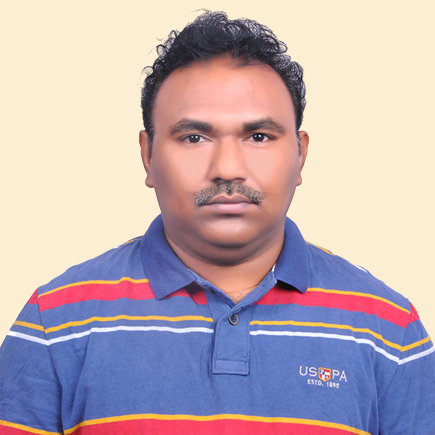Dr. Khader Valli Rupanagudi

Biosketch
Role of translation regulation in neurodevelopment:
Mohammad Hanif Kaba Mujawar
Senior Technical Assistant
Vinayak Hosawad
Technical Assistant
Alumni
Manasvi Vukku
Data Analyst
Amrita Mondal
Hiba Ali
Annapurna Vasagiri
Goutham Kumar
Disha Awasthy
Ankita Khan
Shreya Chakraborty, Krithika Subramanian, Akkshaya Rajesh, Rupanwita Majumder, Khader Valli Rupanagudi, Abhishek Mensegere, TLSA study team, Thomas Gregor Issac, SANSCOG study team, Jonas Sundarakumar, Bratati Kahali. “Genome-wide study links cardiometabolic factors to cognition via APOA4-APOA5-ZPR1-BUD13 and other loci in rural Indians”. Alzheimer’s & Dementia. July 2025
Chandrika Bhattacharyya, Krithika Subramanian, Bharathram Uppili, Nidhan K. Biswas, Shweta Ramdas, Karthik Bharadwaj Tallapaka, Prathima Arvind, Khader Valli Rupanagudi……GenomeIndia Consortium. “Mapping genetic diversity with the GenomeIndia project”. Comment : Nature genetics. April 2025.
-
Centre for Brain Research
Indian Institute of Science Campus
CV Raman Avenue
Bangalore 560012, India. - 080-2293 3588
